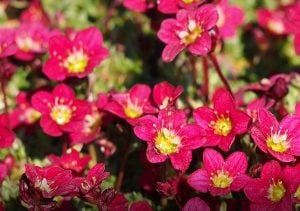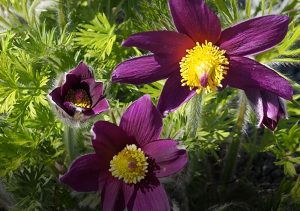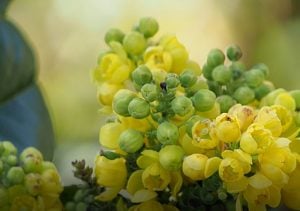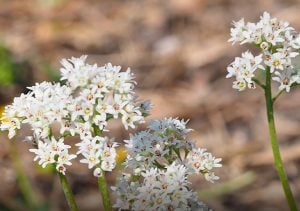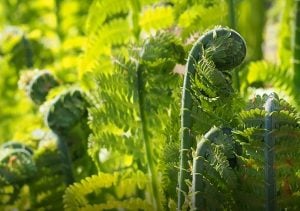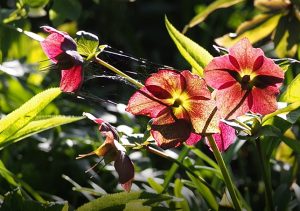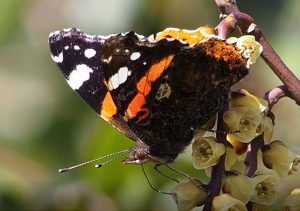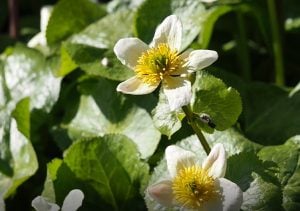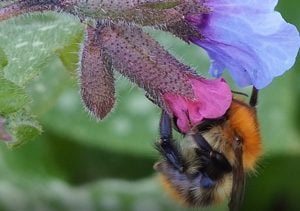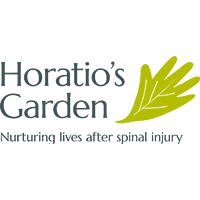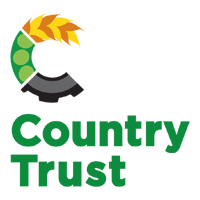Fron Heulog: The sounds of spring
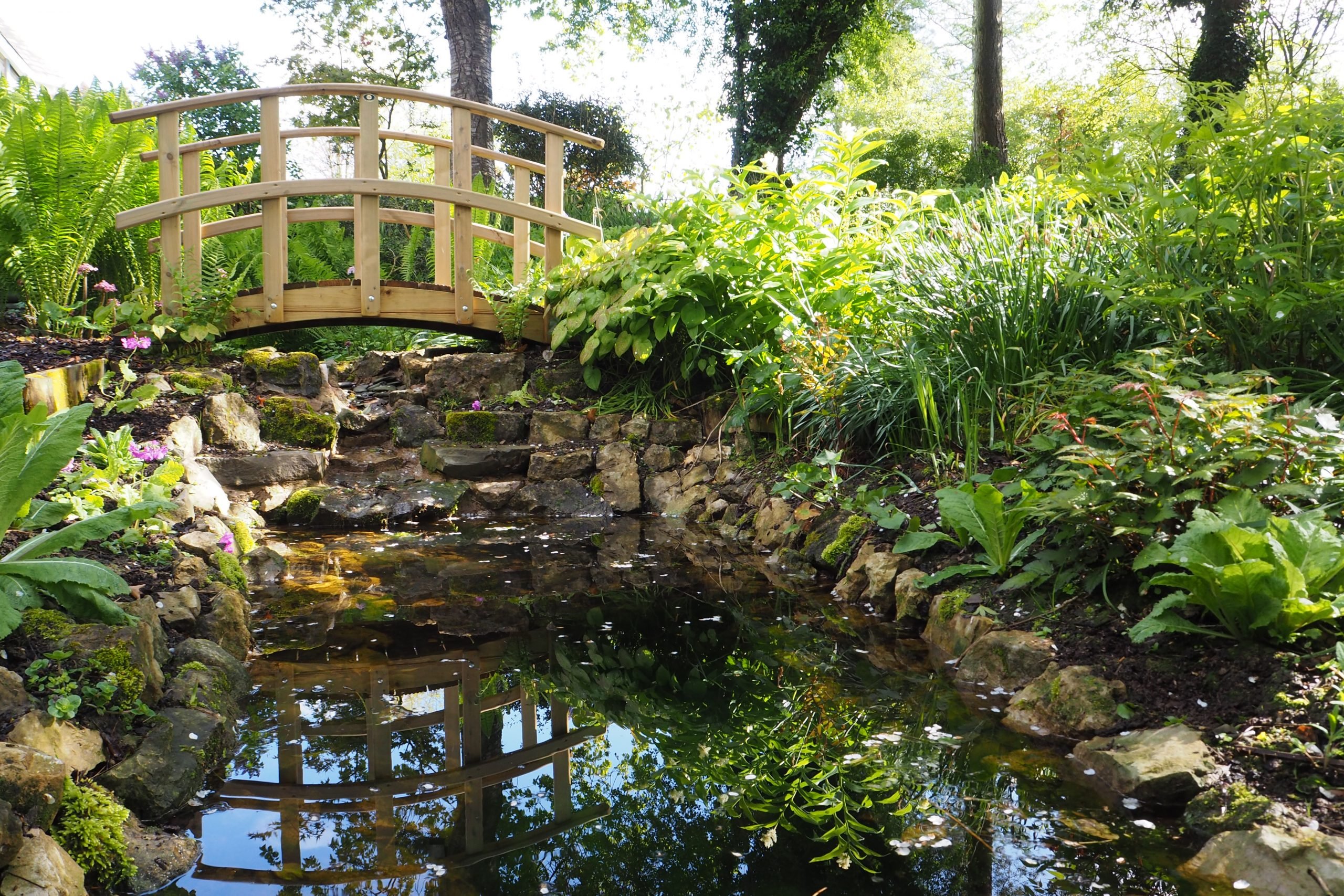
It’s almost a year since we last visited the gardens at Fron Heulog in lockdown. Now, as restrictions begin to lift across Wales, we return to the heart of the Welsh countryside. As spring arrives this stunning 1½ acre mature landscaped garden with its adjoining 6½ acres managed for wildlife, comes to life creating a haven for birds, butterflies and pollinators. Family dog, Raffles, takes us for a tour as this beautiful garden bursts with blossoms and birdsong…
More about Fron Heulog
“In Welsh, place names ‘Fron’ or ‘Bron’ are usually associated with a hill-side or small hillock (breast of a hill) so Fron Heulog is probably best translated into “sunny hill-side” which is exactly what we have here,” says Garden Owner, Tim Ward.
This colourful, all season garden includes an exceptional range of plants and is divided into different themed areas including: terraced rockery, lawns with mixed borders, unusual shrubs and trees, potager, butterfly and insect garden, dingle garden and unmown conservation area. The wildflower meadow can be explored via a network of paths and includes a wildlife pond and shepherd’s hut along with magnificent views of the surrounding countryside. With uneven ground and steep slopes there is restricted access to some areas and good footwear is recommended! Be prepared and you will be hugely rewarded with a visit to Fron Heulog.
Discover more here
- Saxifraga Mossy Group red-flowered
- Pulsatilla vulgaris (Pasque Flower)
- Mahonia aquifolium
- Oresitrophe rupifraga
- Matteuccia struthiopteris – (Shuttlecock fern)
- Helleborus orientalis Hybrid
- Vanessa atalanta (Red Admiral)
- Caltha palustris var. alba (White Marsh Marigold)
- Bombus pascuorum – queen (Common Carder Bee) on Pulmonaria
Shrubs in order of appearance on the video:
Prunus incisa
Ribes sanguineum ‘White Icicle’ (Strong current fragrance and Bumble bees really like the flowers)
Magnolia stellata
Ribes sanguineum (Bumble bees really like the flowers
Amelanchier lamarckii (Bullfinches love to feast on the flower buds)
Viburnum burkwoodii (Strong scent)
Corylopsis pauciflora
Skimmia japonica (Strong scent – hoverflies really like these flowers)
Osmanthus × burkwoodii (Strong scent)
Ulex Europeans (Common Gorse – Strong coconut like fragrance in the sunshine and essential source of nectar and pollen for bees and many early spring insects)
Stachyurus preacox (Solitary bees really like the flowers as alternative to wild Sallow and Goat Willows)
Prunus spinosa (Blackthorn – essential early spring source of pollen and nectar for many bees and early spring insects)





